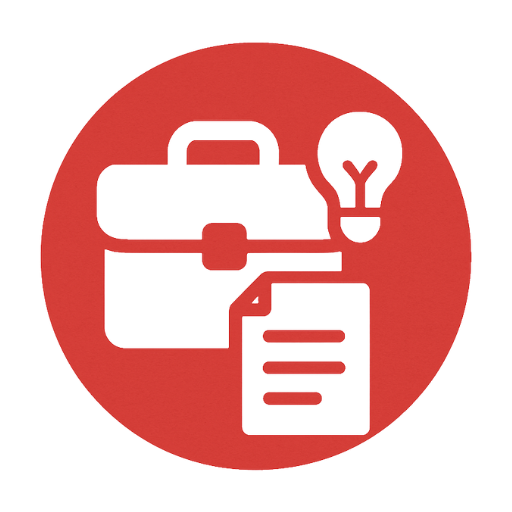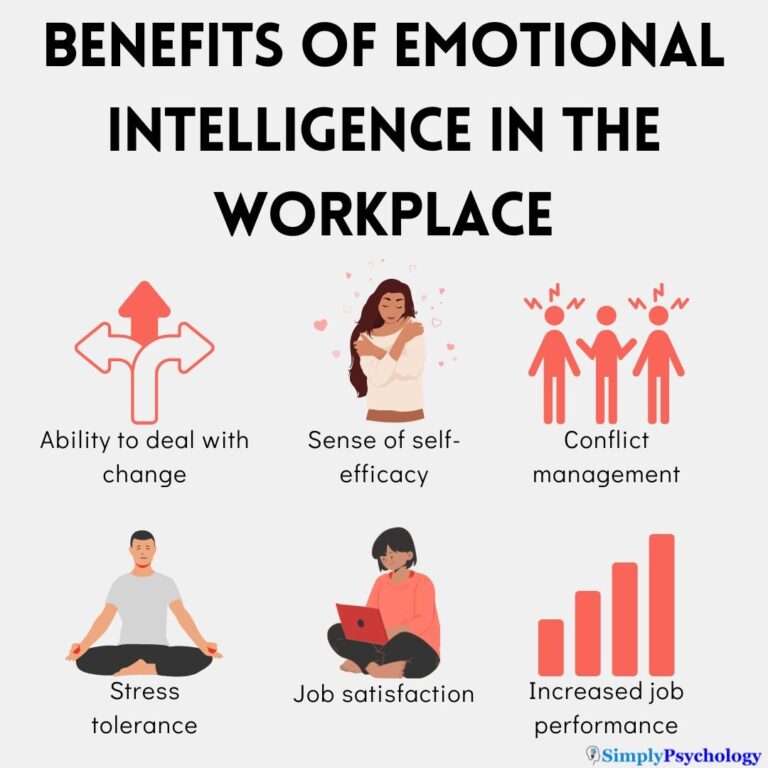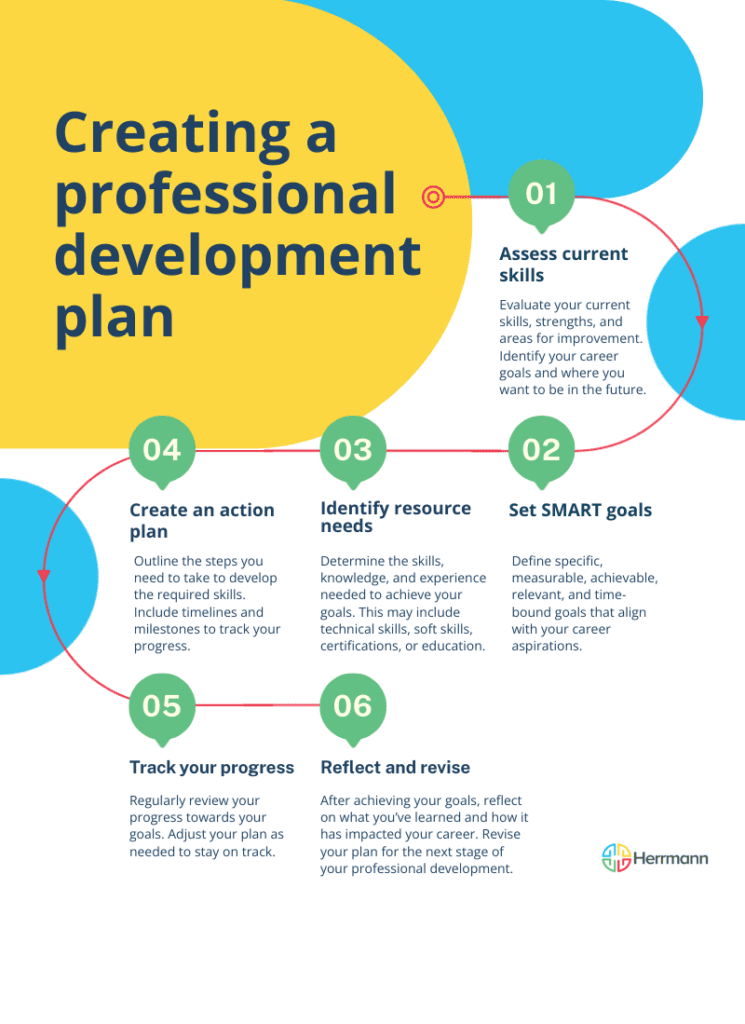Taking a Career Break: How to Make the Most of It

In today’s fast-paced work environment, professionals are increasingly considering career breaks to recharge and refocus.
Recent trends show that this pause allows individuals to spend more time on personal or professional development, and parenting.
It’s important to understand the benefits and challenges of a career break. This article will help you navigate the process of making the most of it. We’ll cover reasons for taking a break, financial planning, and strategies for returning to work.
By the end of this article, you’ll know how to make informed decisions about your career break. You’ll be ready for a smooth transition and a fulfilling experience.
Why Consider a Career Break?
A career break is more than just a pause; it’s a chance to recharge and refocus. In today’s fast world, people are seeing the benefits of stepping back. Women in the U.S. are more likely to take a break, with nearly 43% more women listing it on LinkedIn than men.
People often take breaks for full-time parenting, personal growth, or to change careers. These pauses are not just personal; they can also be a strategic move for professional growth. Many companies now offer sabbaticals, seeing the value in rest and rejuvenation.
By taking a career break, you can come back to work with renewed energy and purpose. It could be to focus on family, education, or just to take a break. Understanding why you’re taking a break is key. It’s about making the most of your time off and returning stronger.
There are many benefits to taking a career break, like better mental health and increased productivity when you return. It’s a chance to develop new skills and gain experiences that can boost your career.
Understanding Different Types of Career Breaks
Career breaks are not the same for everyone. They vary to meet different needs and goals. Knowing the types of career breaks is key.
Some people take a short career sabbatical to travel or follow a passion. Others might take a longer break to care for family or health. It’s important to pick a break that fits your goals.
Career breaks can last from weeks to years. It’s vital to have a plan on how to make the most of it. This could mean setting personal goals, learning new skills, or just relaxing.
Knowing your options and planning well can greatly impact your career break. By picking the right break and using your time wisely, you’ll come back to work refreshed.
The success of a career break relies on good planning and knowing what you want. By looking at the types of career breaks and how they help your goals, you can make a choice that’s good for you and your career.
Planning Your Career Break Financially
A well-planned budget is key to a stress-free career break. It’s important to know your current financial situation and how it might change during your break.
First, look at your current expenses and income. Think about how your spending might change during your break. For example, you might save on commuting but spend more on travel or hobbies.
Creating a realistic budget is vital. Make a list of all your expected expenses during the break, including any debts. Compare this to your savings and any other income, like investments or a part-time job.

It’s smart to build an emergency fund for unexpected costs. This fund can give you peace of mind and prevent financial worries during your break.
Getting advice from a financial advisor is also a good idea. They can offer personalized advice based on your situation. This ensures you’re making the best financial decisions for your career break.
By planning your finances carefully, you can enjoy your career break without financial stress. This planning goes beyond just budgeting. It also involves thinking about managing your finances in the long term.
Setting Clear Goals for Your Time Off
Clear goals are key to a productive and fulfilling career break. By knowing what you want to achieve, you can plan your time off well. This ensures you’re moving towards your personal and professional goals.
Defining Your Objectives
Before starting your career break, think about what you want to achieve. You might want to improve your health, nurture relationships, or learn new skills.
Health and Wellness Goals
Improving your health and wellness is a big part of a career break. You could aim to start exercising more, eat better, or practice mindfulness.
Relationship and Family Priorities
A career break is a great time to bond with family and friends. You might aim to have more family dinners or plan a vacation together.
Learning new skills can boost your career and personal growth. Look for areas you’re interested in and set goals to learn. This could be through online courses, workshops, or self-study.
Career Direction Exploration
A career break is also a chance to explore new career paths or start a business. Set goals to research careers, network, or start a side business.
By setting clear goals for your career break, you make sure it’s both refreshing and productive. This prepares you for success when you go back to work.
Taking a Career Break: How to Make the Most of It
To make the most of a career break, you need a plan. It’s important to find a balance between rest and staying productive. This means staying active, whether through personal projects, learning new things, or keeping in touch with work friends.
One good way to stay active is by exploring hobbies or interests you never had time for before. This could be anything from painting to writing, or even helping out with causes you care about. These activities can make you feel fulfilled and help you meet new people.
Learning new skills is another smart move during a career break. You can take online courses, go to workshops, or attend conferences in your field. This way, you keep your skills sharp and stay ready for when you go back to work.
It’s also key to keep in touch with your professional network during a break. Staying connected with old colleagues and industry friends can keep you updated on your field and might lead to new job opportunities. You can do this by regularly reaching out, going to industry events, or writing about your profession.
Exploring different parts of your industry or gaining experience in a new area can also be very helpful. This might mean getting a part-time job, freelancing, or interning in a field related to your current job. Such experiences can boost your resume and give you valuable insights for your future career.
In summary, a successful career break involves staying active, learning new things, and keeping in touch with your professional network. By following these steps, you can make your break both refreshing and productive, preparing you for success when you get back to work.
Maintaining Professional Connections During Your Break
To smoothly return to work, keeping up with your professional network is key. Staying in touch helps you know about new trends and chances in your field.
Staying in Touch with Colleagues is vital. Meeting up for coffee or lunch with old colleagues keeps you updated. You can also use LinkedIn to stay connected with your contacts.

Going to industry events and conferences is another smart move. These events let you meet new people and catch up with old ones. They might even lead to new career paths.
Also, joining online forums in your field keeps you up-to-date. By sharing your knowledge, you show your expertise and keep your network active.
Using these strategies, you can get the most out of your career break. Keeping your professional network alive is a smart way to stay connected and ready for new opportunities.
Developing New Skills and Experiences
Taking a career break lets you explore new interests and grow professionally. It’s a great time to focus on personal growth and skill development. This makes you more appealing to employers.
You can learn new skills through formal education, online courses, or personal projects. For example, you can take online courses on platforms like Coursera or edX. These courses can teach you skills in data science, digital marketing, or programming.
Gaining new experiences is also key during your career break. You can volunteer, travel, or start a new hobby that fits your career goals. These experiences make your personal life richer and enhance your professional profile.
To get the most out of your career break, set clear goals for your skill development and personal growth. Decide what areas you want to improve or explore. Then, make a plan to reach those goals.
By focusing on making the most of your career break, you’ll return to work with new enthusiasm and skills. This opens up new career opportunities for you.
Mental Health Benefits of Strategic Career Breaks
Strategic career breaks are now seen as a way to boost mental health. Taking a break from work can lower stress and prevent burnout. This leads to a clearer mind and more energy when you go back.
Reducing Stress and Burnout is a key advantage of career breaks. Working too much without rest can harm your mental health. A break gives you time to relax and get your energy back.
A career break also lets you reevaluate priorities and goals. This can lead to a more satisfying career when you return. It’s a time to step back, think about what’s important, and make changes for better mental health.
Also, career breaks can help with personal growth and development. Trying new things, learning new skills, or enjoying hobbies can boost your self-esteem and mental health.
In summary, career breaks offer many mental health benefits. They help reduce stress and burnout and encourage personal growth. By understanding these benefits and making the most of your career break, you can return to work with better mental health and a new sense of purpose.
Preparing for Your Return to Work
Getting ready to go back to work after a break can feel both thrilling and scary. As your break ends, it’s key to start planning for a smooth return to your career.
One important step is updating your skills to meet today’s job needs. You might take online courses, go to workshops, or join webinars in your field. This will not only boost your confidence but also make you stand out in the job market.
Another vital part is reconnecting with your professional network. Contact old colleagues, go to industry events, and connect with people on LinkedIn. This keeps you in the loop about new trends and job openings.
Also, think about getting guidance through coaching or mentorship. A career coach can offer great advice on how to get back into the workforce. They can help you find your strengths and plan your return.
By following these steps, you can ensure a great return to work. With the right preparation, you’ll come back to your career with new energy and a fresh view.
Explaining Your Career Break to Employers
Talking about a career break to employers can be tough. But, with the right way, it can be a good chance. When you go back to work, you might need to talk about your break in job interviews. It’s important to show how your break helped you grow.
To explain your career break well, talk about the new skills you got. This could be from courses, volunteering, or personal projects. Showing these skills shows you’re always learning and improving.
In job interviews, employers might see your break as a chance to learn about you. Be sure and talk about how your break made you ready to work again. This way, you can show your break was a good thing.
It’s important to have a clear story about your career break. Practice your explanation so it sounds natural and confident. Focus on the good things about your time off and how it helped you come back stronger.
Conclusion
Taking a career break can change your life, giving you time to recharge and find your way again. It’s a chance to grow personally and professionally. By planning well, you can make the most of this time.
A career break lets you step back, explore new interests, and come back to work with new energy. To get the most out of it, keep your goals in mind, stay connected with your network, and be open to learning new things.
In the end, a career break is more than just a break. It’s a chance to refresh, recharge, and move forward. By managing your break wisely, you’ll come back stronger and ready for whatever comes next.






